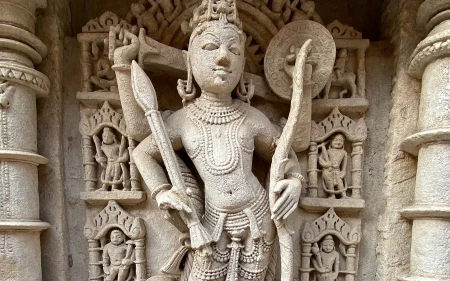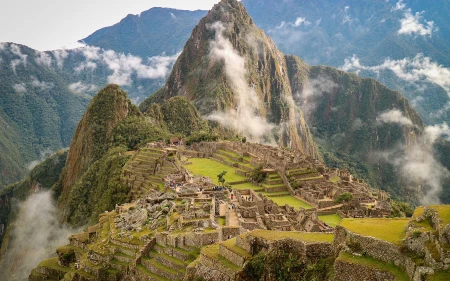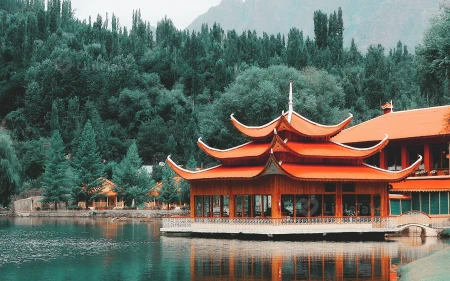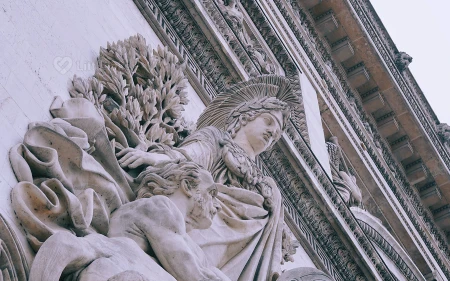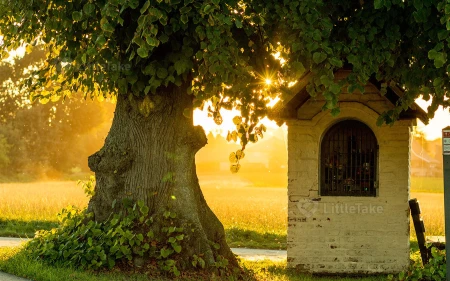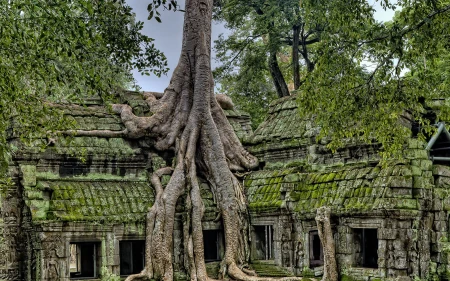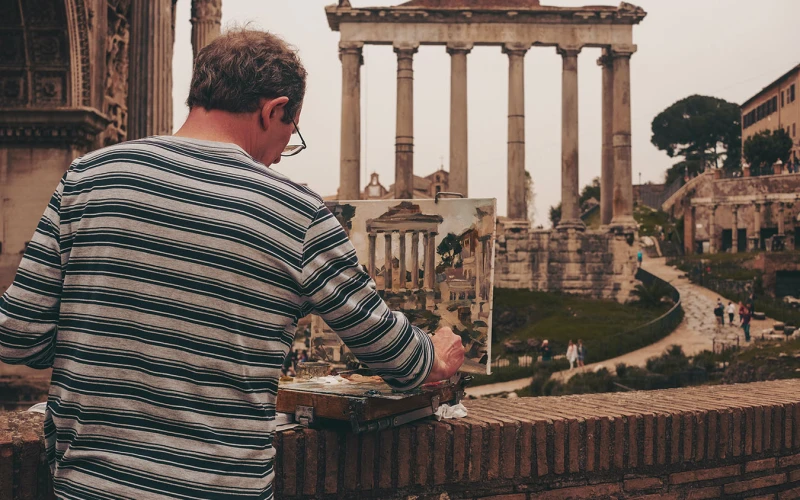
The Role of Education in Cultural Preservation
Education plays a vital role in preserving cultural heritage and maintaining the rich tapestry of human experience. By fostering cultural awareness and understanding, education can help ensure that future generations continue to value and appreciate the diverse traditions and practices that make our world so vibrant. In this article, we will explore the role of education in cultural preservation, discuss various educational strategies and initiatives, and highlight the importance of passing down cultural knowledge to future generations.
Why Education Matters for Cultural Preservation
Our world is incredibly diverse, and this diversity is reflected in the multitude of cultures that exist around the globe. Education is crucial in preserving this cultural diversity for several reasons:
- Understanding: Education helps people understand the significance and value of cultural practices and traditions, fostering a sense of respect and appreciation for the rich heritage of different communities.
- Continuity: By passing down cultural knowledge and skills to younger generations, we can ensure that these traditions are not lost over time and continue to thrive.
- Adaptation: Education enables cultures to adapt and evolve, ensuring that they remain relevant and resilient in the face of changing circumstances.
Educational Strategies for Cultural Preservation
There are numerous educational strategies and initiatives that can contribute to cultural preservation, including:
- Formal Education: Integrating cultural heritage education into school curricula can help students develop a deeper understanding of their own culture and the cultures of others.
- Community-Based Education: Local cultural centers, museums, and heritage sites can offer educational programs and workshops that engage community members in the preservation of their cultural traditions.
- Intergenerational Learning: Encouraging the sharing of cultural knowledge and skills between older and younger generations can help preserve cultural practices and foster a sense of cultural pride and identity.
- International Exchange: Cultural exchange programs can promote understanding and appreciation for different cultures, as well as provide opportunities for cross-cultural collaboration and learning.
Preserving Cultural Heritage for Future Generations
It is our collective responsibility to ensure that the diverse cultural expressions that make our world so unique are preserved for future generations. By investing in education that promotes cultural understanding, appreciation, and continuity, we can help safeguard the rich heritage of our global community. Here are some ways to contribute to this effort:
- Support Cultural Education Initiatives: Advocate for the inclusion of cultural heritage education in schools and support community-based educational programs.
- Engage in Lifelong Learning: Continue to learn about and engage with different cultures throughout your life to deepen your understanding and appreciation of the world's cultural diversity.
- Share Cultural Knowledge: Share your own cultural heritage with others and learn from the experiences of those from different cultural backgrounds.
Conclusion
Education is a powerful tool for preserving cultural heritage and ensuring that the diverse traditions and practices of our global community continue to enrich our lives. By investing in educational initiatives that promote cultural understanding and appreciation, we can help protect the valuable cultural resources that define our shared human experience.













